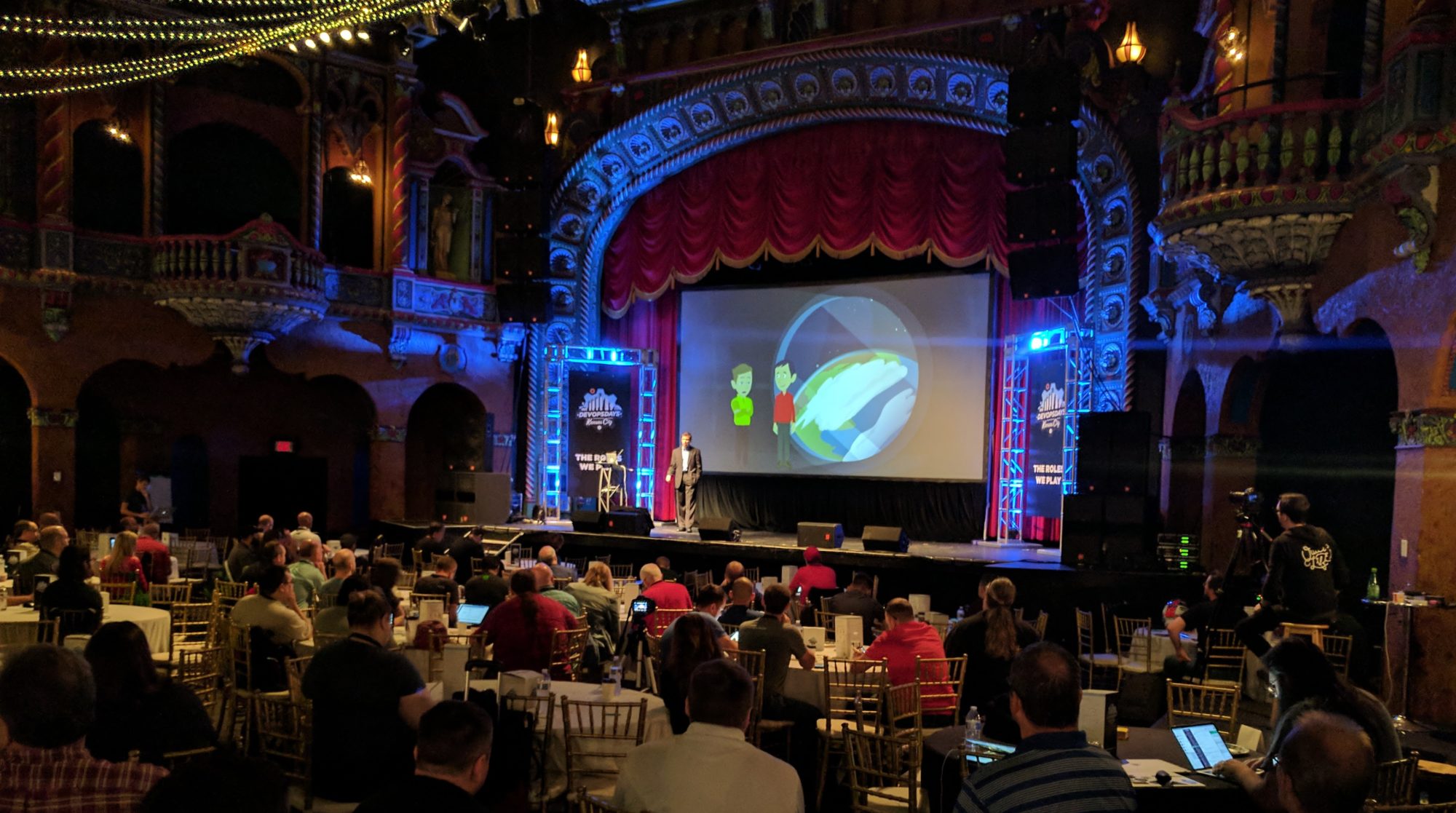Jordan Visco had an interesting post discussed at Hacker News where said he was starting to consider giving to beggars. I found this interesting because I’ve typically given to beggars in the past and I’m starting to think I should stop.
Jordan wondered what would happen if every time someone begged, people would surround them and give them what they need. One person commented that we’d probably see a huge increase in begging if this were to happen.
A few people said they don’t mind giving money even if it gets used on alcohol or drugs with the logic that if the person’s life was that bad, they were happy to do anything that would make them feel better for a while.
It is all interesting discussion and well worth reading. The problem is that most people don’t make a decision based on a desired longterm outcome. Lets say you find someone asking for money for “food” and you give him $5 based on the belief that he will spend the money on food not alcohol or drugs. So your desired outcome is for him to not be hungry for 3 hours. If he is actually hungry and the money gets spent on food, all you’ve done is push back the problem 3 hours. Still you’ve helped a fellow human who was in need and that isn’t something we should take lightly.
But what if that person is actually making several hundreds of dollars every day? Have you helped reinforce that begging is more lucrative than getting a real job? If that is the case you may have done some real harm to society. Maybe not a lot of harm, but you’ve been part of creating something that we probably don’t want. However, there is no real way for you to know who needs the funds and who is just milking public generosity. Or is there?
What if a city got together and decided that to help beggars, one organization would provide people with work in exchange for lodging, clothing, a meal, food voucher, or even cash.
They could pickup trash in the parks, rake leaves, etc. But the point wouldn’t be so much to get valuable labor for the money. The point would be to give them a way to earn what they need. Even if there was nothing that needed done and everyone was just asked to sort red and blue marbles into two separate containers for an hour in exchange for lunch, it would be giving them something to do in exchange for their meal.
I recognize that some homeless people have mental problems. However, if they have enough mental capacity to show up where there are other people, ask for money and then spend that money on something, there is some task that they could do.
What would a community look like if anyone who was hungry, knew they could go work for an hour and get a meal? What if citizens stopped giving to the beggars and instead would help arrange transportation to get them to the work center? I doubt if a “professional” beggar would stick around for long.
This isn’t such a new idea. During the depression, some communities paid people to turn over the bricks that made up the roads so the less worn side was on top. My hometown’s football stadium was built by WPA workers as part of a program that hired the unemployed.
When we give someone free handout after free handout, we do them a great disservice. Most people understand that regularly giving wild animals easy food can teach them to stop scavenging/hunting on their own and eventually kill the animal. Why are we willing to do the same thing to fellow humans?
The problem is that giving someone a few dollars is more about making ourselves feel good than it is about helping them. It is a lot easier to give someone a five dollar bill than it is to try to find a solution that helps move them toward self sufficiency.
WPA programs were not without criticism in their day. Some employers felt that people working for WPA learned poor work habits. WPA wasn’t necessarily known for having highly efficient workers, so sometimes it was harder for a WPA worker to get a job somewhere else because employers assumed they were accustomed to working in a lazy manner.
But compared to what we have now, even this would be an improvement. Just the shift from thinking “people will give me free money” to “I can work for the things I need” is a huge step forward.
As a society, we aren’t going to be able to create a solution overnight. Handing out a few bucks here and there can make us feel like we’ve “done our part” and keep us from trying to come up with better solutions.
So will I give to the next person who asks? Probably. Even thought I know I may be doing harm, right now I don’t know of another solution that will solve their immediate problem. But I’m going to try to be very conscious that the short term benefit is part of a system that is (often) doing long term damage to the individual I’m trying to help. Our options right now come down to choosing what (we hope) is the lesser of two evils.
Giving money is easy. Actually helping is very hard. There are solutions, but it is going to take some concentrated effort by people who are really concerned about making things better in the long term.

My wife and I don’t give cash. Typically beggars are in close proximity to some sort of food. If so, we’ll offer to buy them a sandwich. If not, we don’t give any cash. We have a long-time relationship with a beggar at our church and have seen the destructive power of giving cash.